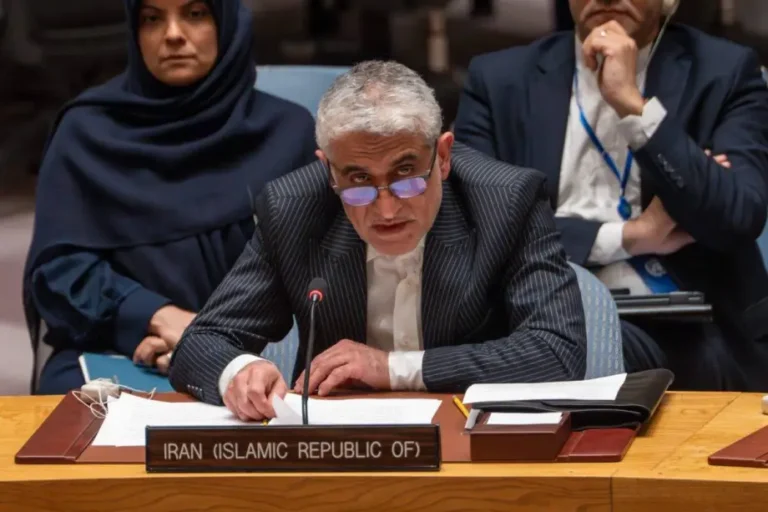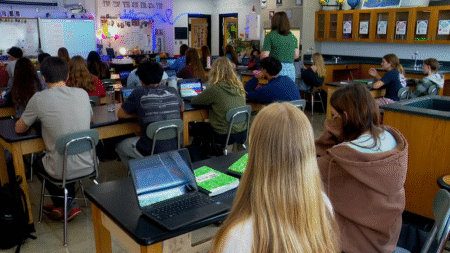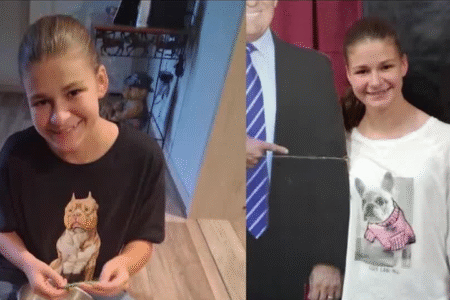Amir Saeid Iravani has recently come into focus as the Iranian ambassador who spoke at the United Nations Security Council during an emergency meeting called to address rising tensions over Iran’s nuclear program. While detailed public information about Iravani is limited, his role at the UN highlights the significant responsibilities diplomats carry in shaping international discourse. In his speech, Amir Saeid Iravani strongly defended Iran’s nuclear activities, accusing the United States of spreading false information and misusing international agreements to unfairly target Iran.
The ambassador emphasized that Iran’s nuclear program is peaceful and used for development, not for building weapons. He pointed out that the Nuclear Non-Proliferation Treaty (NPT), an international agreement designed to prevent the spread of nuclear arms, permits countries to use nuclear energy for peaceful purposes. Iravani insisted that Iran has fully complied with this treaty, allowing inspections and sharing all necessary documentation with the international community. His remarks challenged accusations from the United States and Israel, who claim Iran is secretly advancing a nuclear weapons program under the cover of diplomatic negotiations.
During the Security Council meeting, Iravani accused the US of twisting the rules of the NPT to isolate Iran politically and halt its progress in the region. He described the US and Israel as acting out of political motives rather than genuine concerns about peace and safety. The ambassador’s statements illustrated the deep mistrust between Iran and the Western countries that oppose its nuclear ambitions. He portrayed Iran as a victim of misinformation and international pressure, emphasizing transparency and openness in Iran’s nuclear activities.
Despite Amir Saeid Iravani’s firm defense, representatives from the US and Israel disputed his claims. The US ambassador accused Iran of using diplomatic talks as a cover while secretly working to develop nuclear weapons, a move that would threaten regional and global security. Israel’s representative echoed this concern, urging the international community to act swiftly to prevent Iran from crossing dangerous lines. These exchanges underscored the complex and tense dynamics surrounding Iran’s nuclear program and the challenges faced by diplomats like Iravani in presenting their country’s position on the world stage.
As an Iranian ambassador at the UN, Amir Saeid Iravani’s role involves representing his country’s interests and responding to international criticism. Diplomats in such positions must balance defending national policies while engaging with a diverse group of nations that often have conflicting views. Iravani’s statements during the Security Council meeting reflect Iran’s broader strategy of asserting its right to peaceful nuclear technology while pushing back against accusations it deems unfounded or politically motivated.
The situation surrounding Iran’s nuclear program remains one of the most sensitive topics in international relations. Ambassadors like Amir Saeid Iravani play a critical role in navigating these disputes through diplomacy and negotiation. While detailed personal information about Iravani is scarce, his public presence at the United Nations highlights the importance of diplomatic voices in global discussions on security, non-proliferation, and regional stability.
Iran’s continued insistence on peaceful nuclear development, as voiced by Iravani, contrasts sharply with the concerns expressed by other nations. This divide has contributed to ongoing stalemates and mistrust at the United Nations and beyond. Iravani’s participation in such high-level meetings demonstrates the significance of ambassadors in defending their countries’ positions and trying to influence international opinion.
The name Amir Saeid Iravani may not yet be widely known outside diplomatic circles, but his role in key international discussions marks him as an important figure in the unfolding story of Iran’s nuclear diplomacy. As tensions remain high, the contributions and statements of ambassadors like Iravani will continue to be crucial in shaping how the world understands and reacts to these complex issues.







